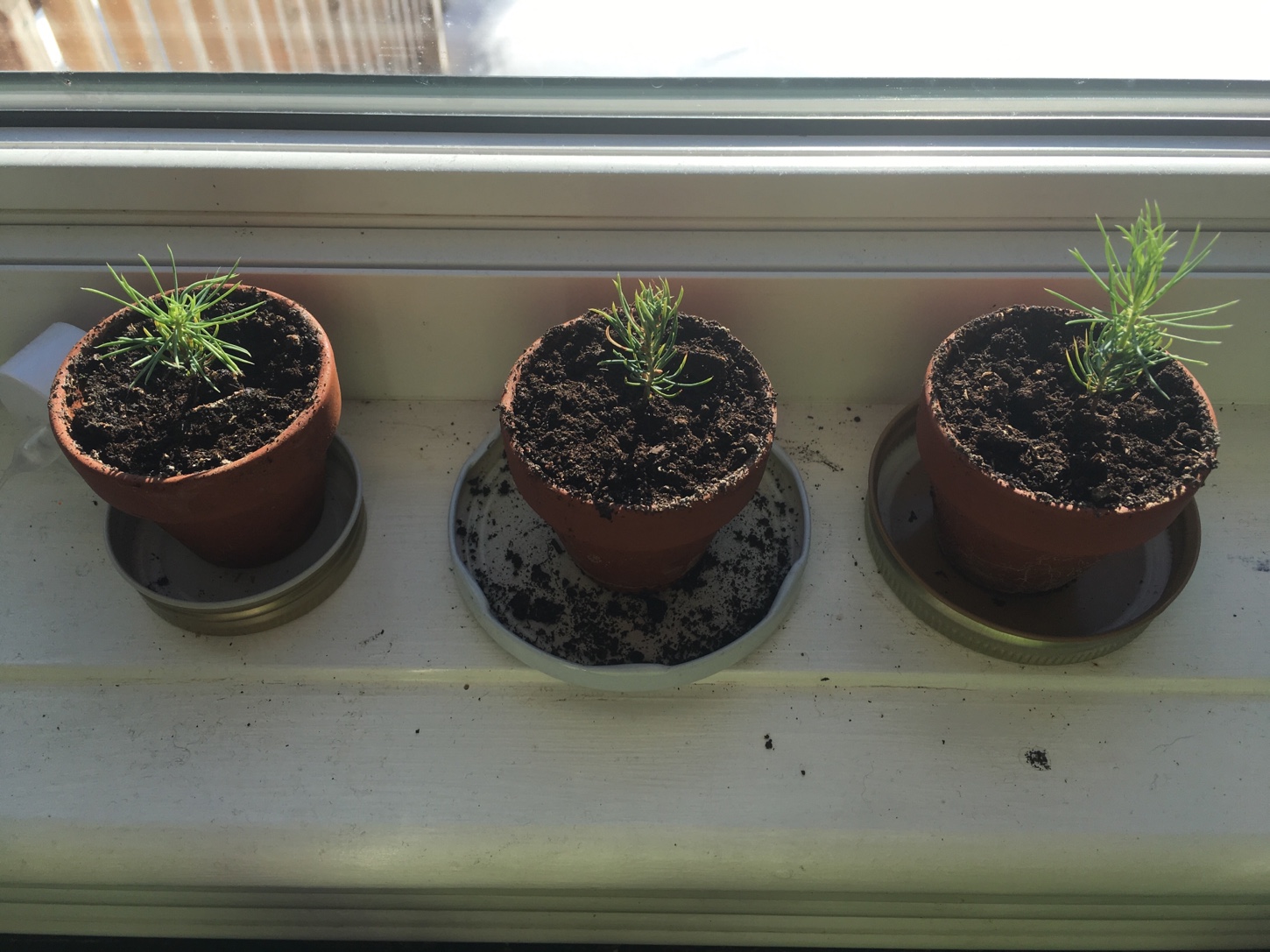In the movie, “Good Boys”, three young friends explore the meaning of friendship and growth. On the journey towards maturity, Max, Lucas, and Thor discover what it means to be in a healthy relationship that can change over time.
Everything is going fine until each boy begins to pursue individual goals. At the same time, they realize that what one of them wants to do is not necessarily what the others like to do. It looks like they are going their separate ways. And the friendship group appears to dissolve.
When Lucas sits down with his parents in tears, bemoaning the breakup of his friendships, his parents offer some sage advice. They recall an old pet Lucas used to have – a hermit crab. But, when Lucas was much younger he wasn’t told how exactly his hermit crab had left them. His parents, now, tell him the truth:
The hermit crab had to find a new shell, they say. And died on its way to the beach. They explain that a hermit crab eventually outgrows its shell. And must find another shell that is larger into which it can continue to grow. If it doesn’t find a larger shell, it will die one way or another.
Lucas makes the connection that he is growing, and may need to find a larger shell to grow into – a larger social group, new friends, other activities. Leaning on this truth, Lucas is freed from the self-blame for the recent troubles with Max and Thor. It is normal and healthy to go through these growing pains in relationship. As it turns out, the boys learn to find a new way of relating with one another – a way that respects each other’s unique talents and personalities.
Throughout his letter to the Romans, Paul describes a healthy relationship to God.[1]And as we grow in this relationship, we change. And the way we relate to God changes.
In this first part of the series of sermons in Advent on prayer, I would like to underscore this theme: Prayer as growth, in our relationship with God.
There are times in our lives, events and circumstances, that give us this sense that our whole person–our deepest desires, the core of who we are–is actually waking up. At first some experiences may not feel particularly enlivening. Ironically, it is often difficult, challenging times in life that cause this re-birthing within us.
Paul writes in his letter to the Romans: “Wake from sleep, now is the moment! Shed your clothes of darkness and ignorance and be clothed with Christ.”[2]This imperative is a common theme in Paul’s writings; to the Ephesians he writes: “Sleeper, awake! Rise from the dead!”[3]
And in our Gospel text today, Matthew records Jesus’ instruction to “Keep awake!” especially at the time when you are in the darkness of not knowing, or in grief, or loss or some kind of suffering. This is the time to wake up, for God is doing a new thing for you.[4]Do you not perceive it? It is time to get up. It is time to slough off the old and make room for the new. It is time “to live into the reality of the new age about to dawn.”[5]
We hear the call at this start of a new church year and the first Sunday in Advent. We hear this call to spiritual renewal as we seek to deepen our lives of faith and wait upon the coming of the Lord into our lives. The call to renewal starts with prayer.
I started by saying there are occasions in our lives that become opportunities—divine invitation, you could say—to try a different way of praying. Like spokes on a large wagon wheel, there are different ways to pray—intercessory praying, devotional prayer, prayers with lots of words, prayers without using any words, imaginative prayers, body prayers, sacraments, song, music, art.
A variety of prayer forms give us ways of growing and deepening our relationship with God in Christ. Because at the centre of every wheel—even one with several spokes—is the hub, which is Christ. The ever-present, living Lord, moves with us and in us down the road of life.
As we grow older, for many of us, the only real question is: Why doesn’t God answer my prayers? Because of this conundrum alone, many of us frequently just stop praying and hope for the best. Hopefully on our life’s path, when we meet others we listen to them and discover that no two of us have exactly the same spiritual journey.[6]So, why would we believe there is only one way to pray or only one way of understanding what happens in prayer?
We are each like the hermit crab, seeking to find a larger shell to grow into.
But how can we be encouraged to find a larger shell? How can we even believe that we are growing, that our broken lives so weak and stained by life’s hardships be the place wherein Christ makes his home and through which Jesus’ light shines? How is this even possible?
I heard this week the story of someone recently walking through the woods. Without yet any snow on the ground to brighten things here in Ottawa, the landscape is shrouded in browns and darkish colours. Blah. While walking the forest path, she stopped at large, oak tree which still held its leaves.
But the leaves weren’t full and vibrant with life as you would see in late Spring. They were curled at the edges, no longer pulsing with life-sustaining chlorophyll. Like crumpled, dried paper, these leaves hung there, lifeless and dead. Just waiting for the inevitable drop to the ground.
In that instant, the clouds high above suddenly broke. And streams of sunlight immediately penetrated the darkened woods and shone upon these listless leaves. In that moment of brilliance the leaves were clothed in the light. They were animated in the sunshine and restored to an incredible vision of renewed life. They absorbed and reflected the light. Their previously deadened state was transformed.
In the darkness of predawn, it is indeed hard to believe there is anything but the night. But arise, awake! The light is coming. And when the son comes as it does every morning, we are transformed and renewed in the light. And our lives reflect again God’s grace and love.
[1]Patrick J. Howell in David L. Bartlett & Barbara Brown Taylor, eds., Feasting on the Word: Preaching the Revised Common Lectionary Year A Volume 1(Kentucky: WJK Press, 2010) p.18.
[2]Romans 13:11-14; ibid., p.16.
[3]Ephesians 5:14.
[4]Matthew 24:42; Isaiah 43:19.
[5]Howell, ibid., p.14.
[6]Ray Leonardini, Finding God Within: Contemplative Prayer for Prisoners (New York: Lantern Books, 2018), p.1,41.








